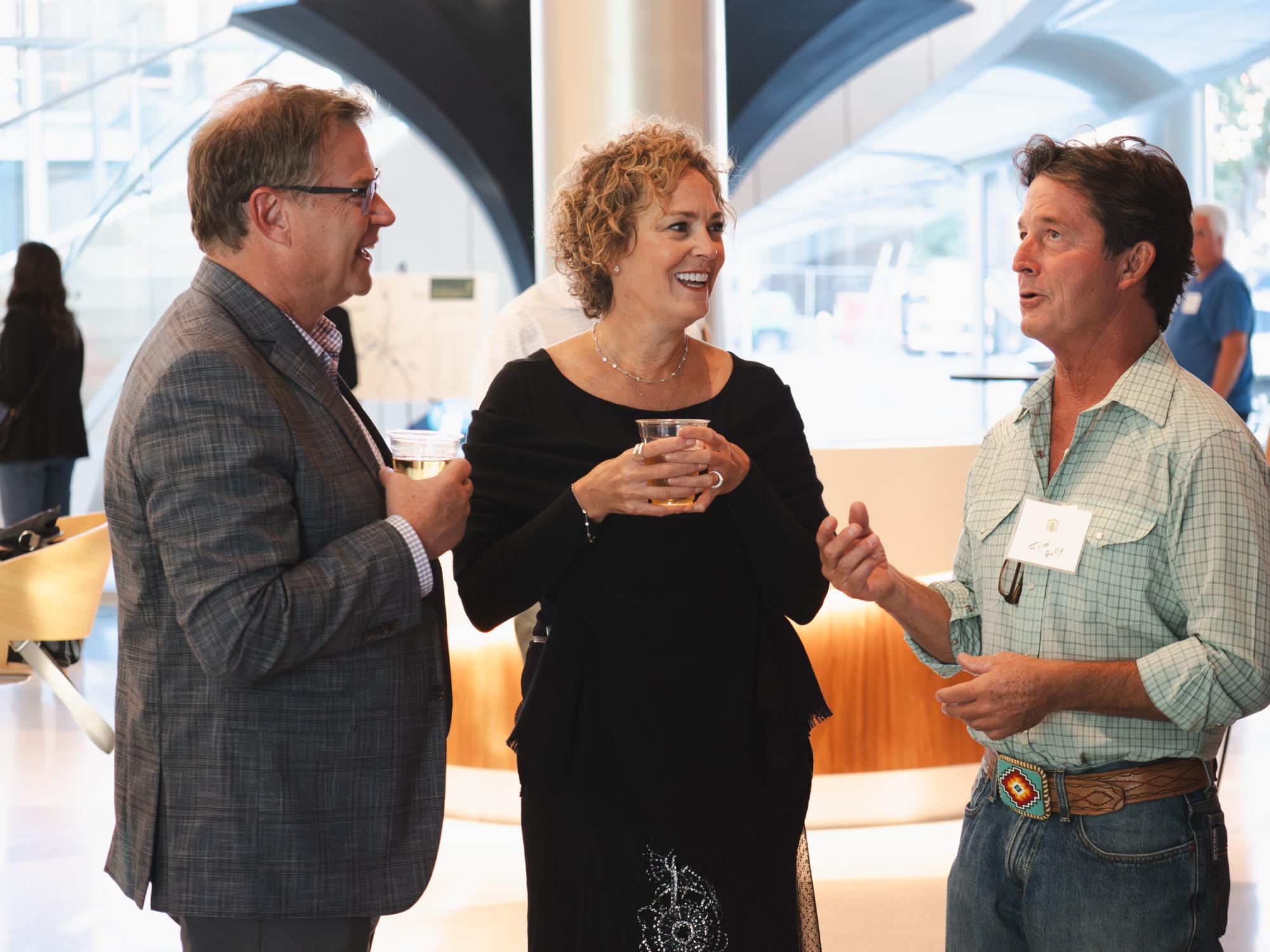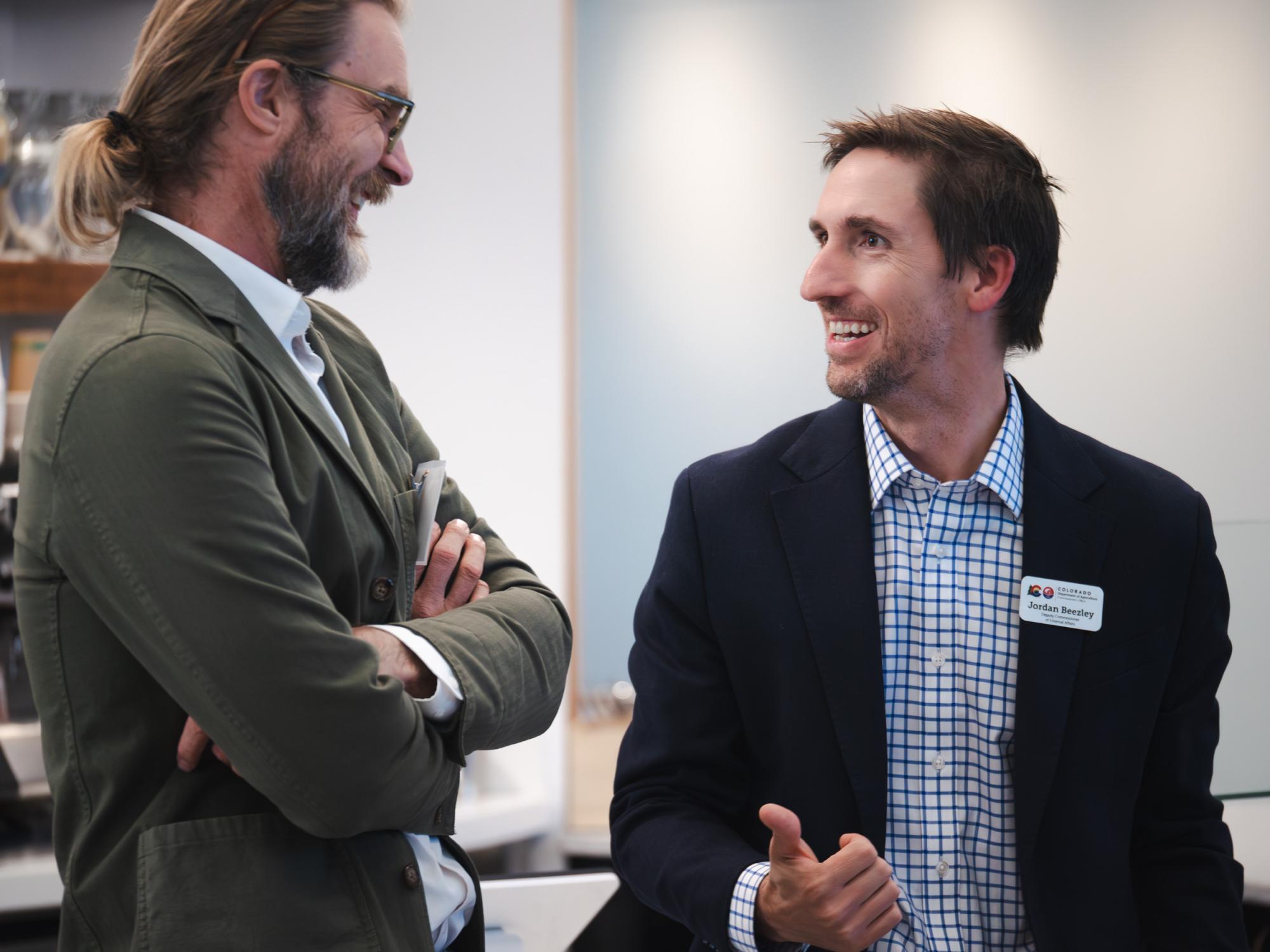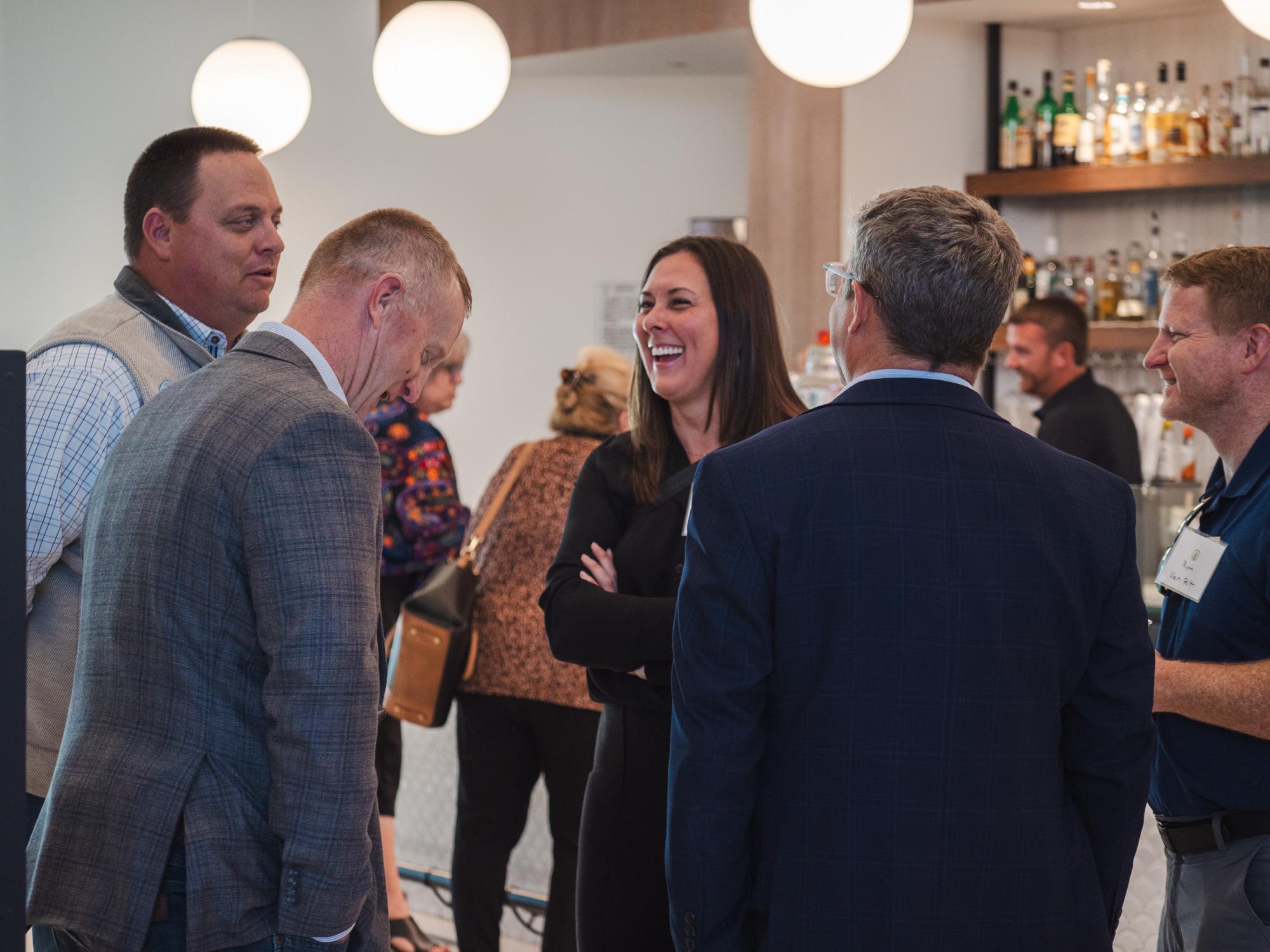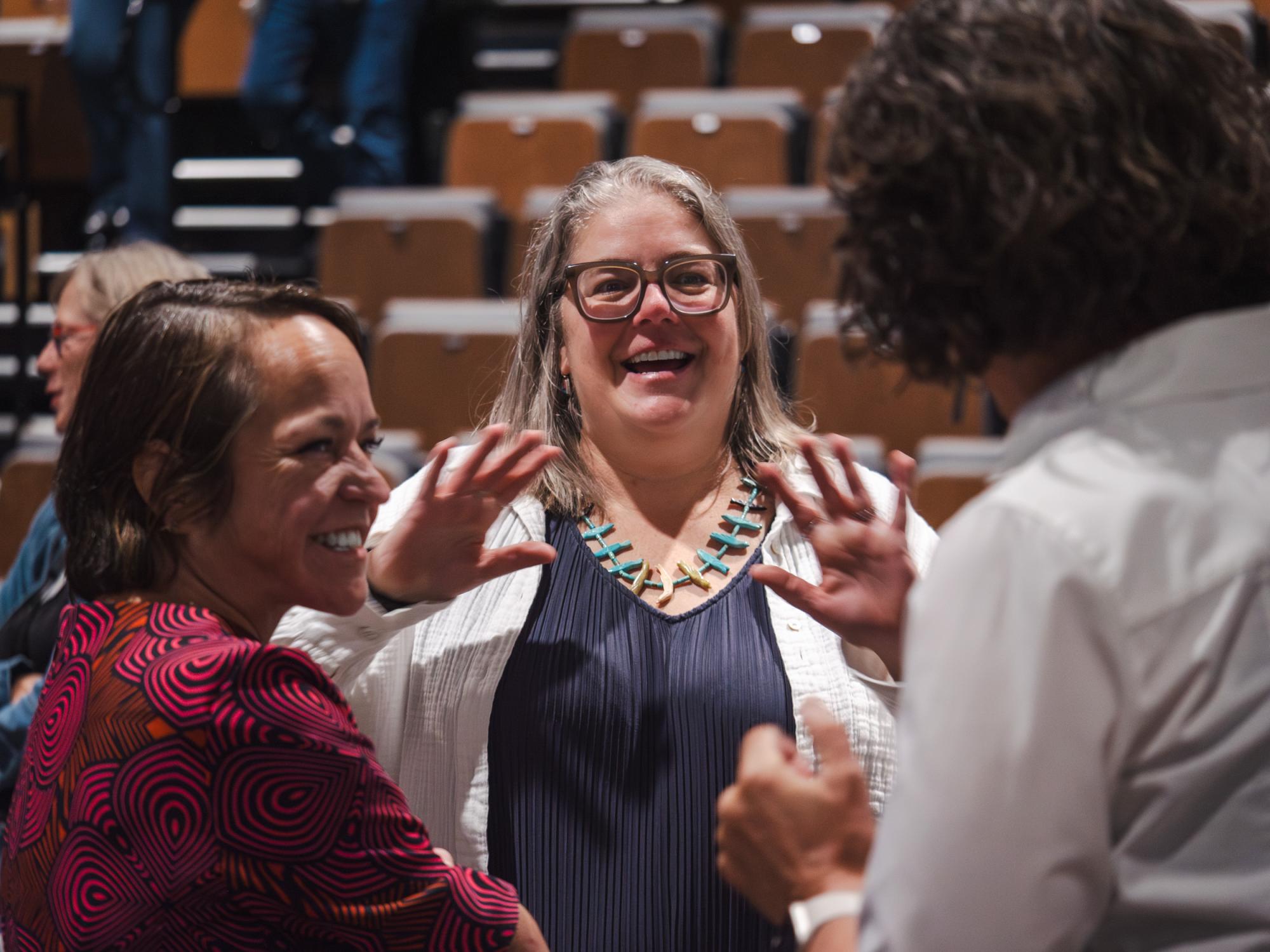As Colorado grows, protecting what makes our home special is vital.
Join us in conserving the land and water that unite us.
The Denver debut of Mirasol, Looking at the Sun, at the CSU Spur Center brought together a full house of changemakers from policy, water, conservation, business, and community sectors. We convened these leaders to inspire collaborative action and partnership for the critical water issues facing growing communities and agricultural producers throughout Colorado. A reception featuring Colorado-inspired hors d’oeuvres kicked off the evening with a shared appreciation for all that water sustains throughout the state.
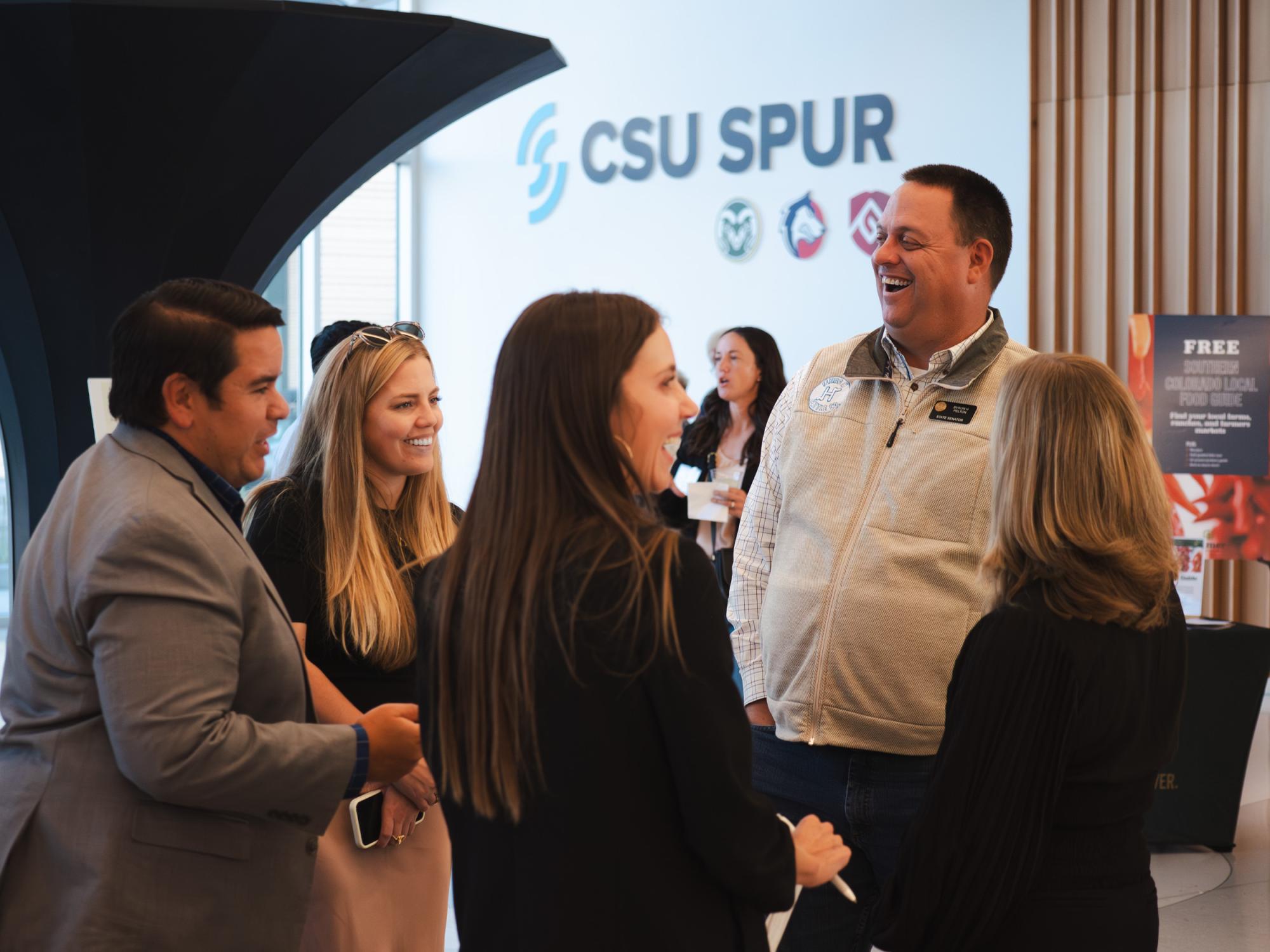
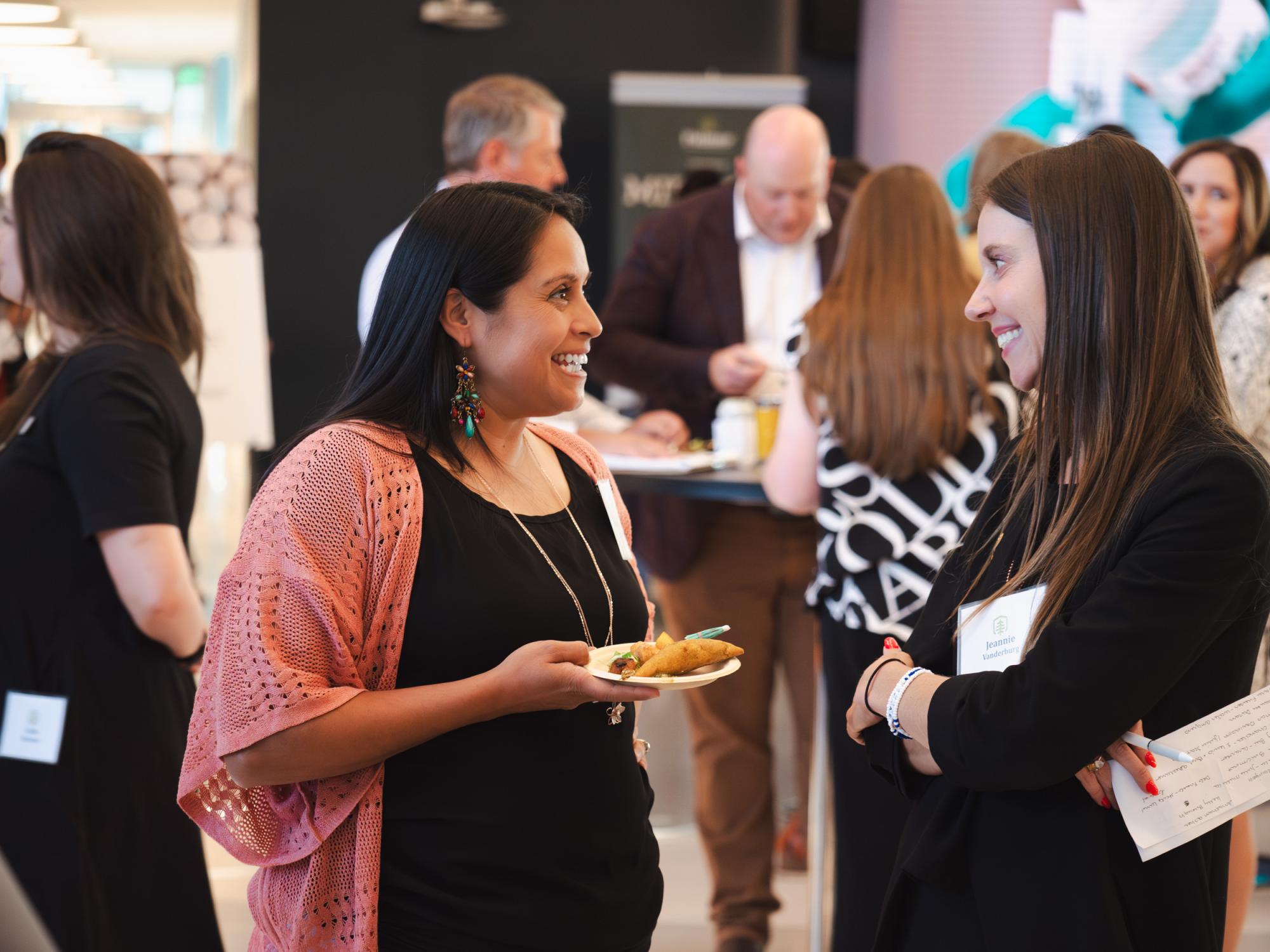
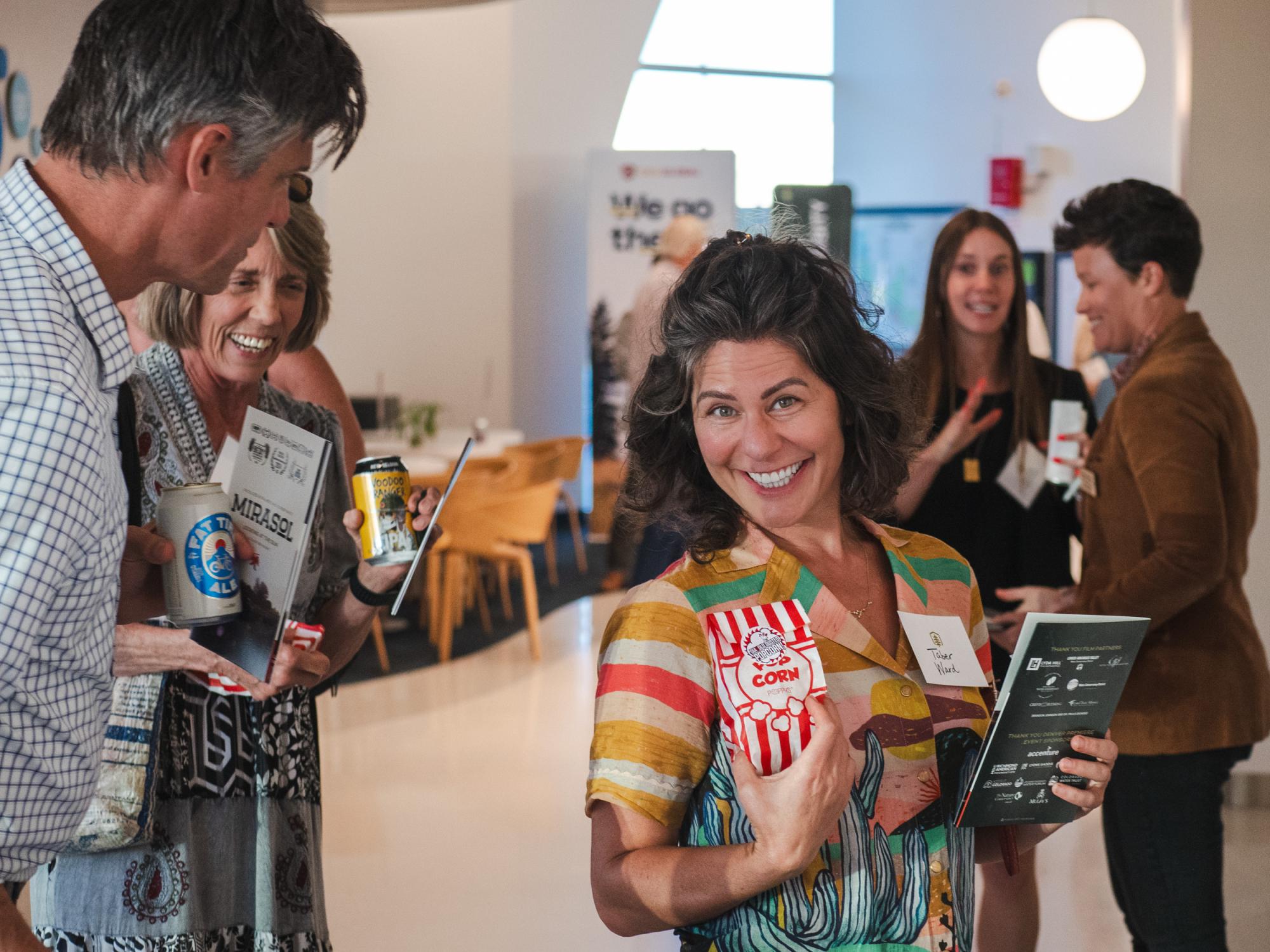
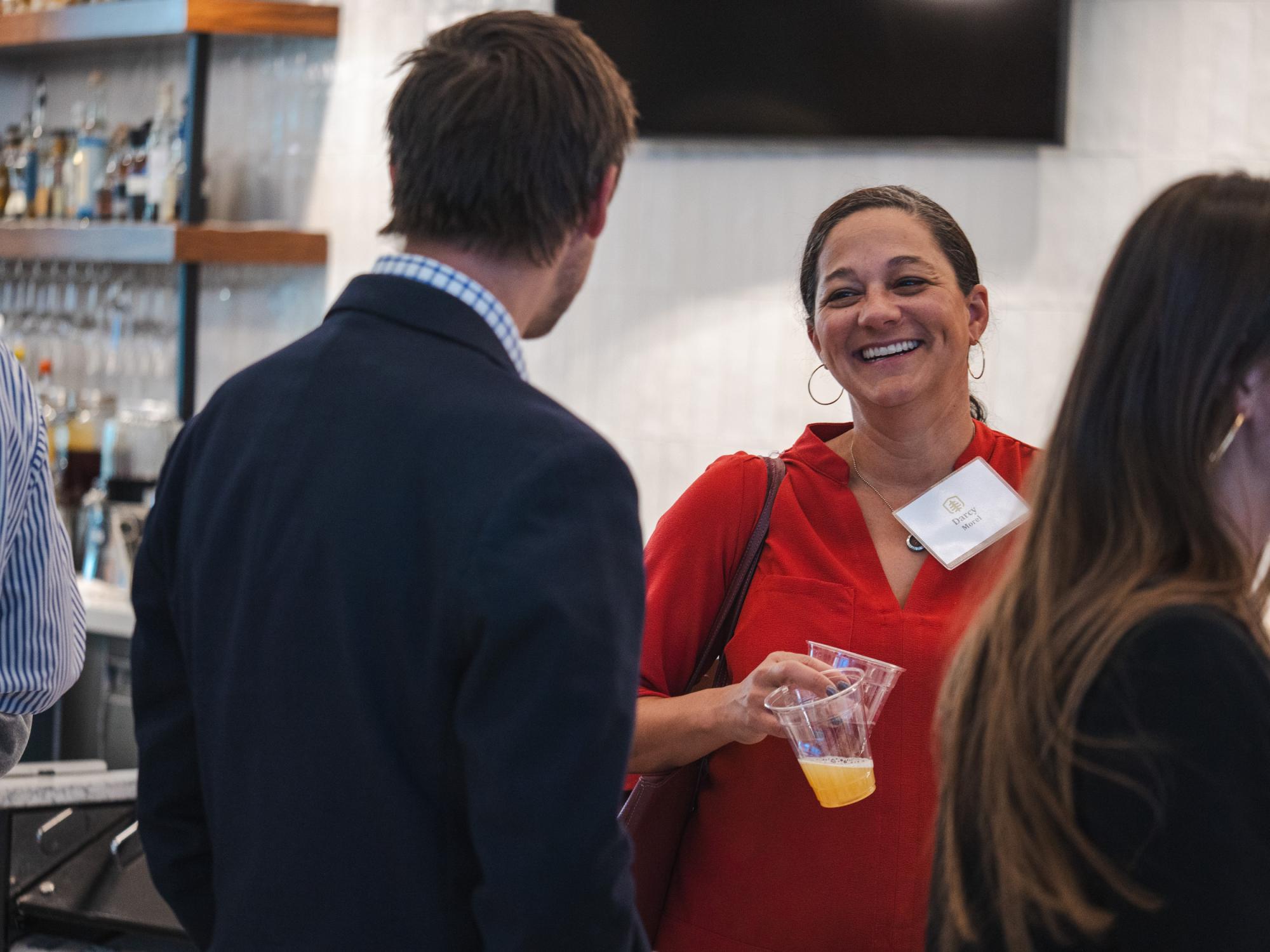
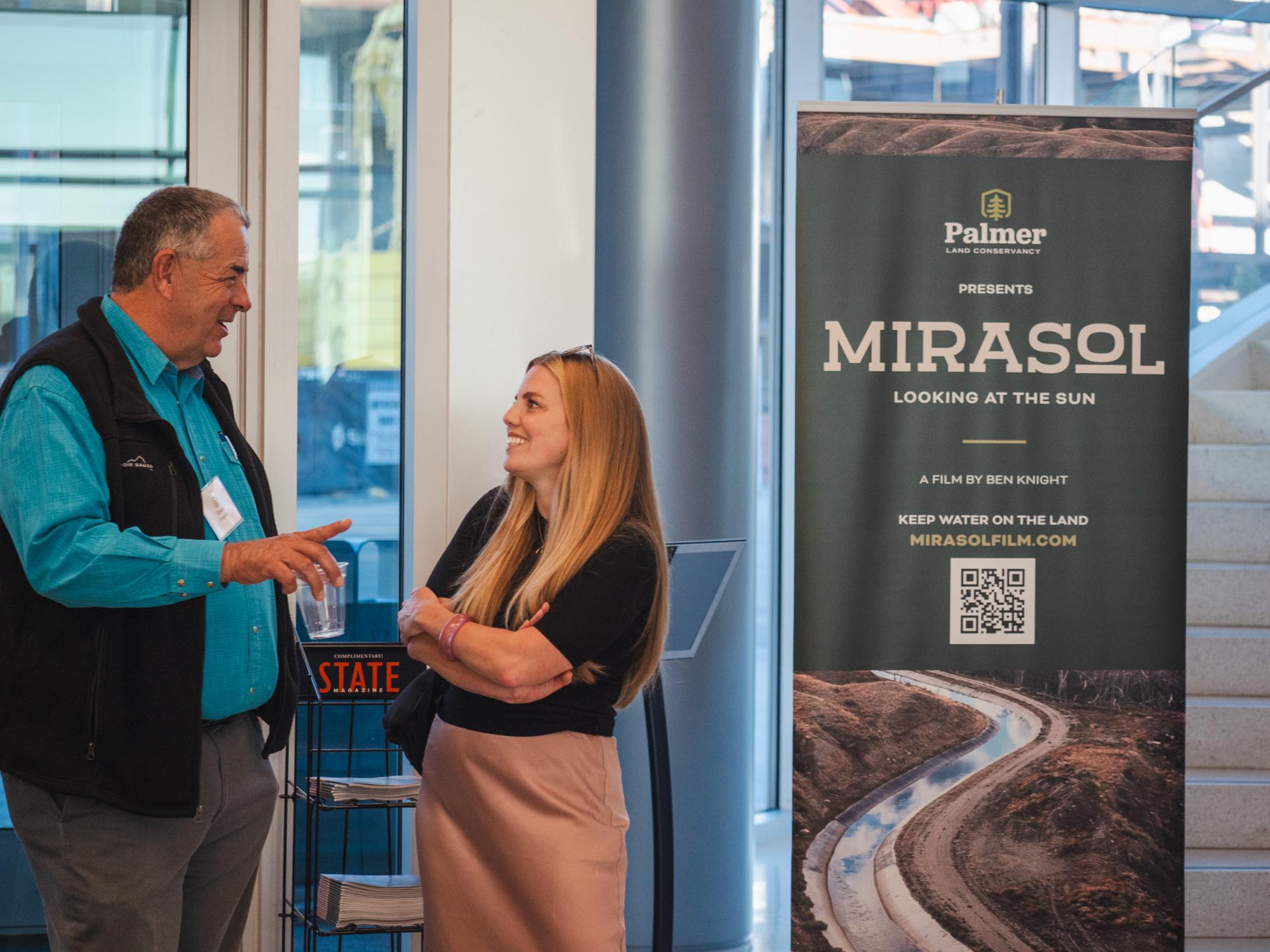
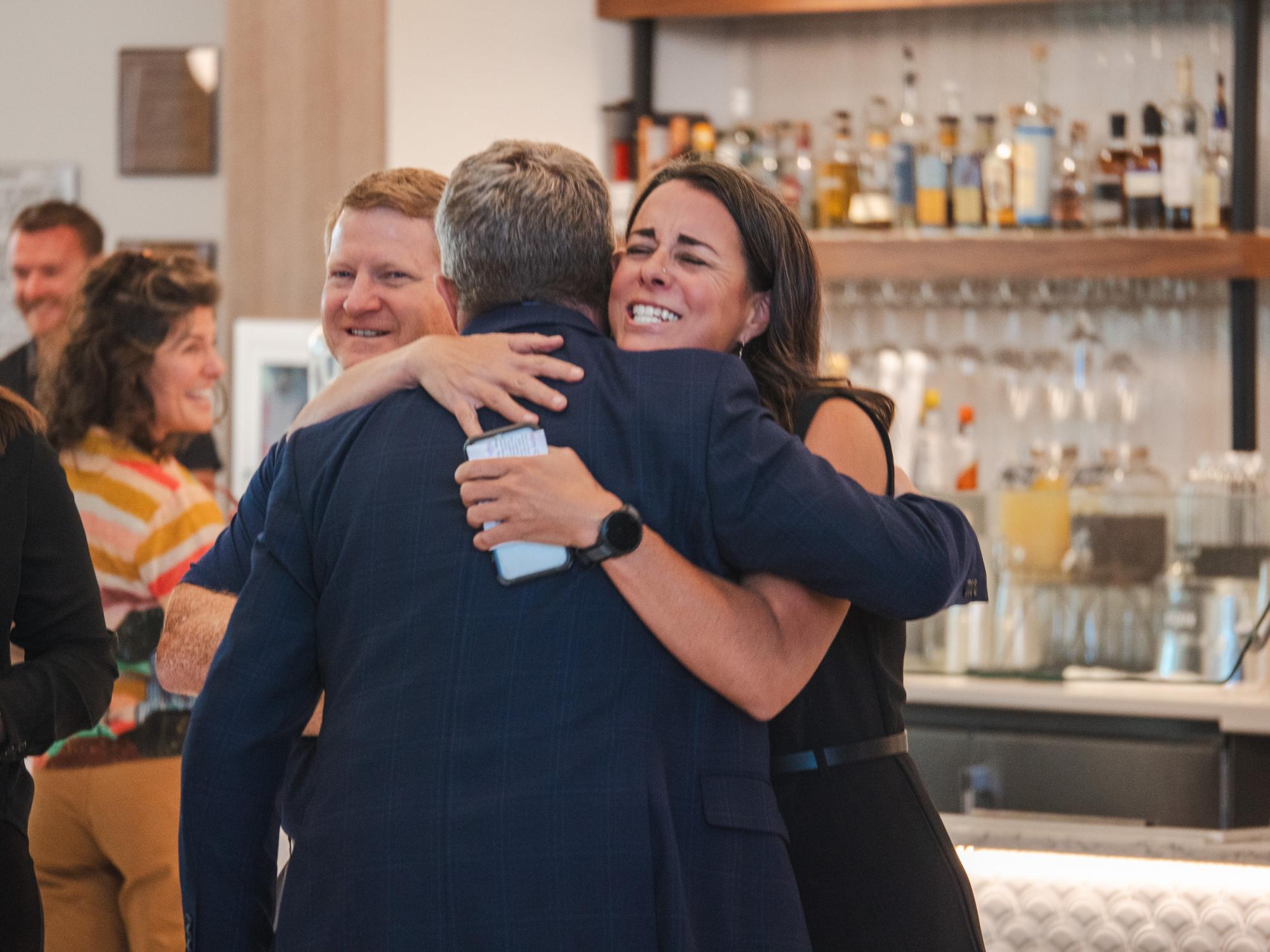
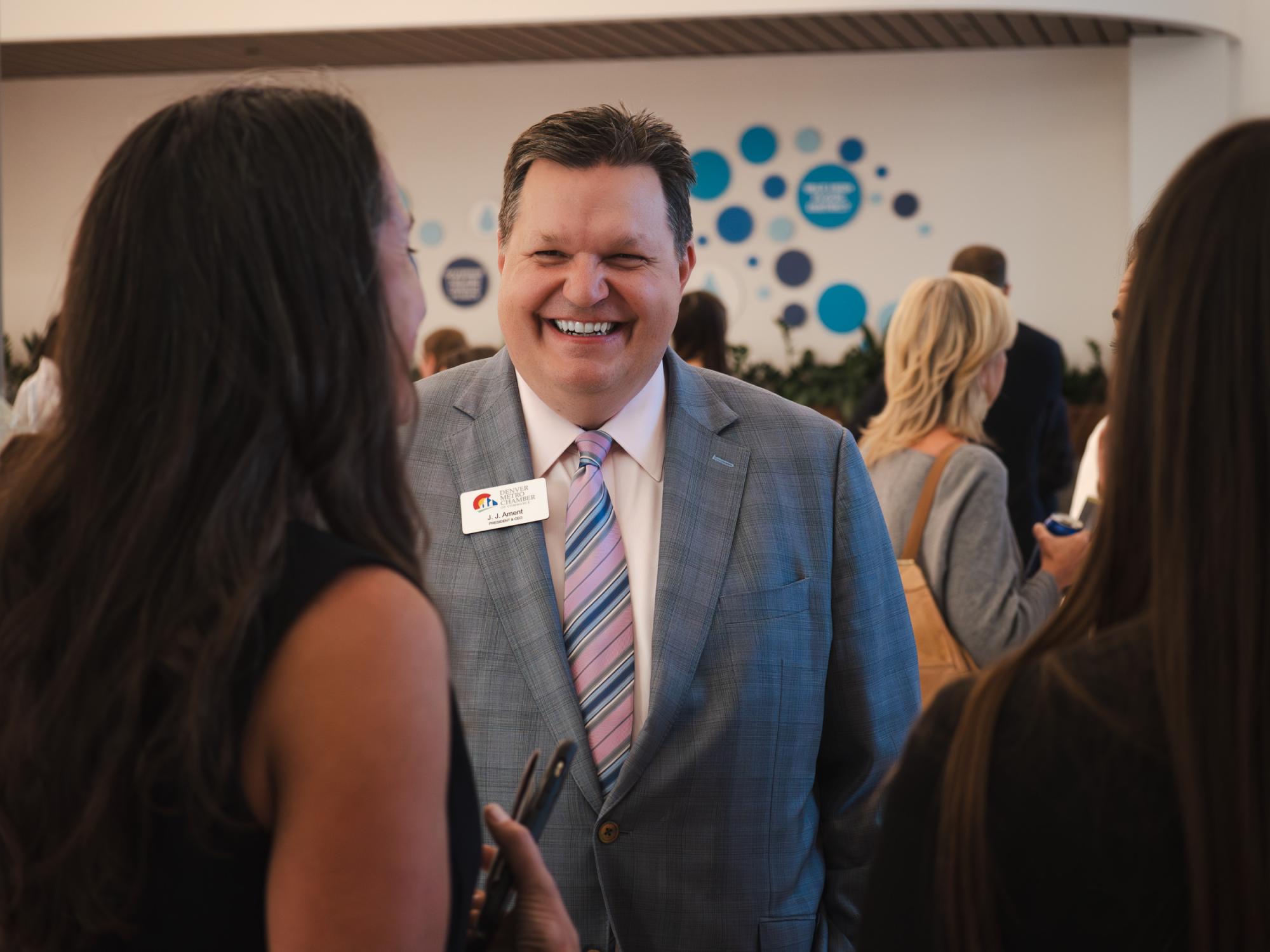
Phil Weiser, the Attorney General of Colorado, delivered compelling opening remarks that underscored the importance of fostering innovative partnerships and solutions to ensure the prosperity of agriculture, a healthy environment, and thriving communities—both urban and rural. He emphasized the need for vigilant commitment and public policy choices to realize the vision of a Colorado where thriving agriculture and growing communities flourish.
The Attorney General addressed Colorado's water resources and agricultural sustainability challenges. He stressed the necessity of managing water resources effectively, which benefit both rural and urban communities—especially in the face of increasing strain on water supplies. Weiser's poignant examples such as the potential sale of water rights in the San Luis Valley for Front Range communities or the ongoing impact of historic water sales in Crowley County and the need to protect local economies and communities, resonated deeply with the audience.
Weiser reminded the audience of the Thomas Ferril poem inscribed on the walls of the Colorado Capitol building, “Here is a land where life is written in water.”
“These decisions about managing our water, protecting our water quality, managing the quantity of water so that we continue to have ditches that are protected, that enable agriculture, water that we can drink is probably one of the biggest challenges we're going to face,” Weiser concluded, “and we cannot be vigilant enough in how we meet it. We cannot be creative enough, and we have to all be in the work.”
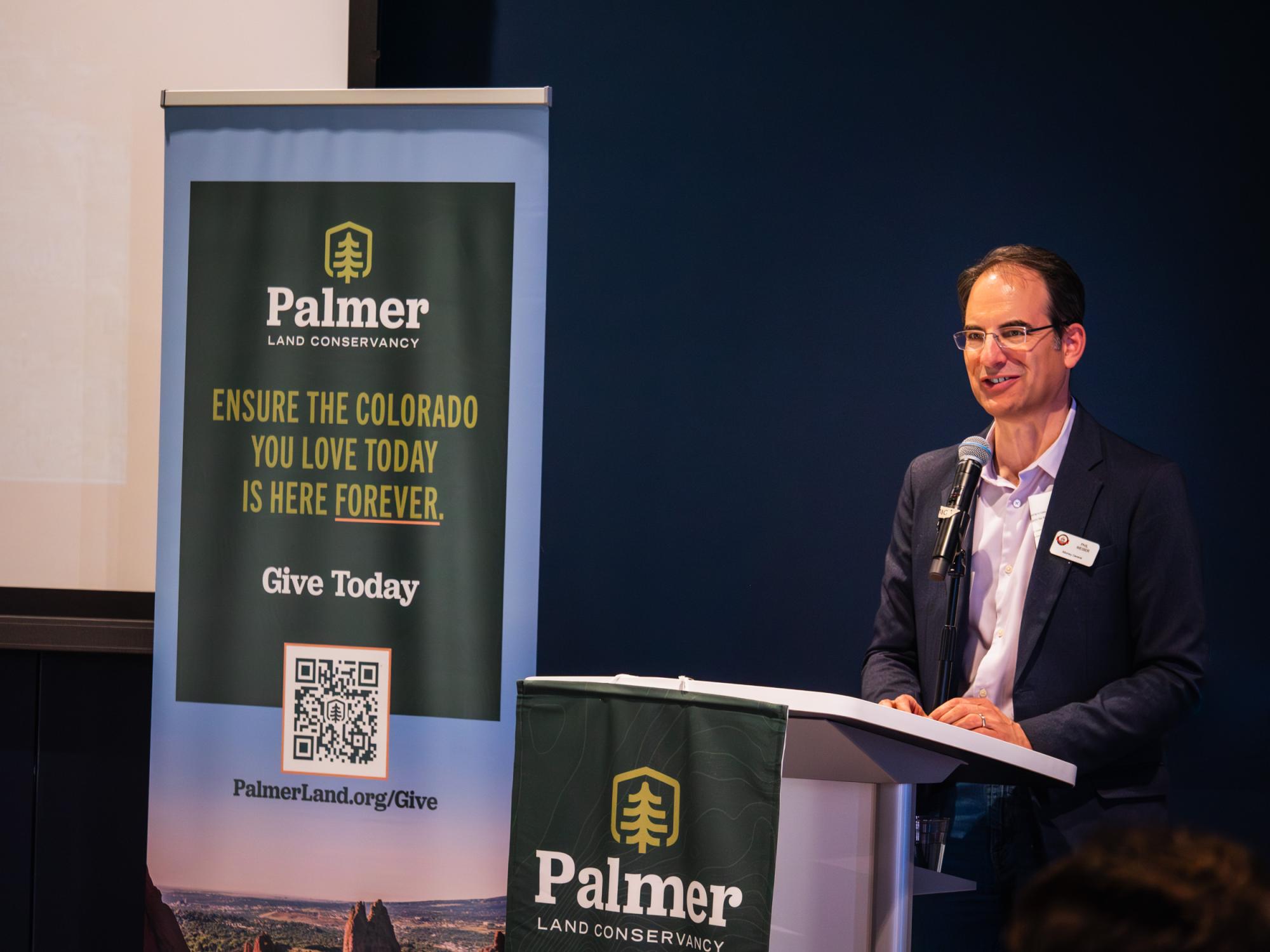
Rebecca Jewett, the president and CEO of Palmer Land Conservancy, expressed gratitude to the elected officials, policymakers, and community leaders for their dedication to addressing these pressing issues. She shared why Palmer Land Conservancy saw the need to produce a film like Mirasol, Looking at the Sun. The film, produced by Palmer Land Conservancy and directed by Ben Knight, serves as a powerful medium for raising awareness about the challenges and opportunities pertaining to water, agriculture, and rural communities in Colorado.
Following the thought-provoking film screening, Rebecca Jewett hosted a panel discussion with Dawn DiPrince, Executive Director of History Colorado, Mike Bartolo, Senior Research Scientist (Retired) at Colorado State University, and Jill Ozarski, from the Walton Family Foundation. Each panelist provided insights into their work related to water, agriculture, and the future of communities in Colorado.
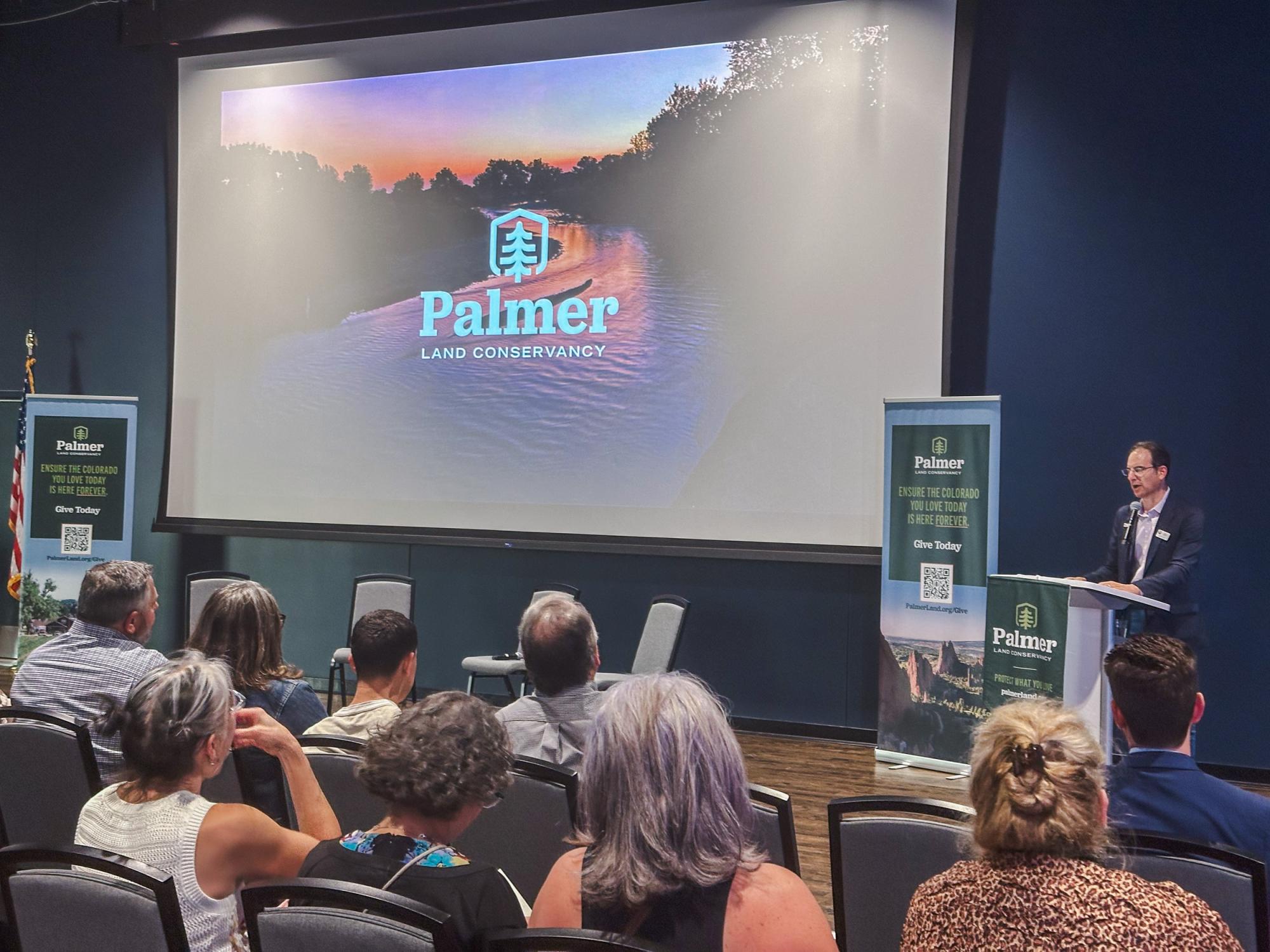
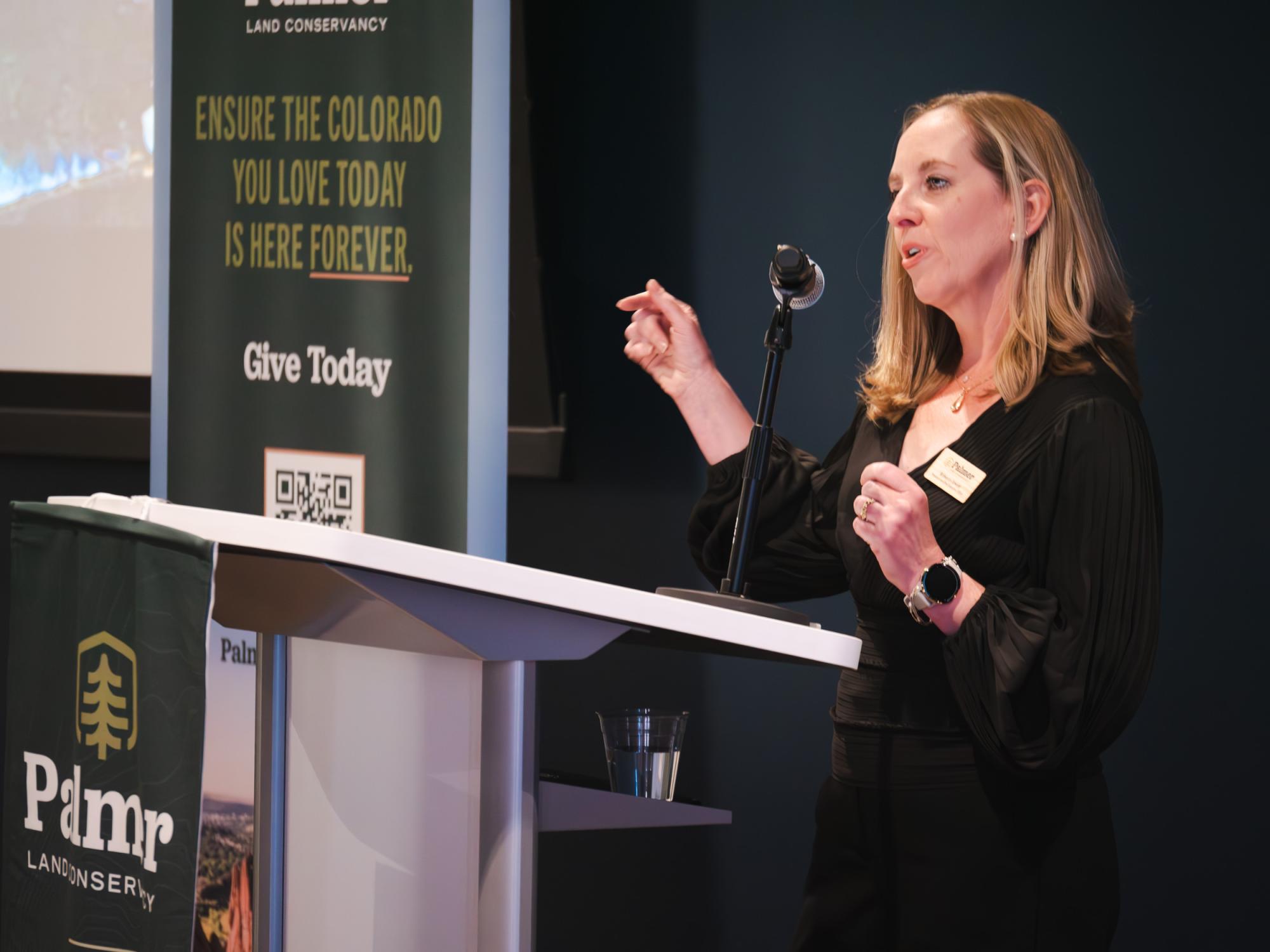
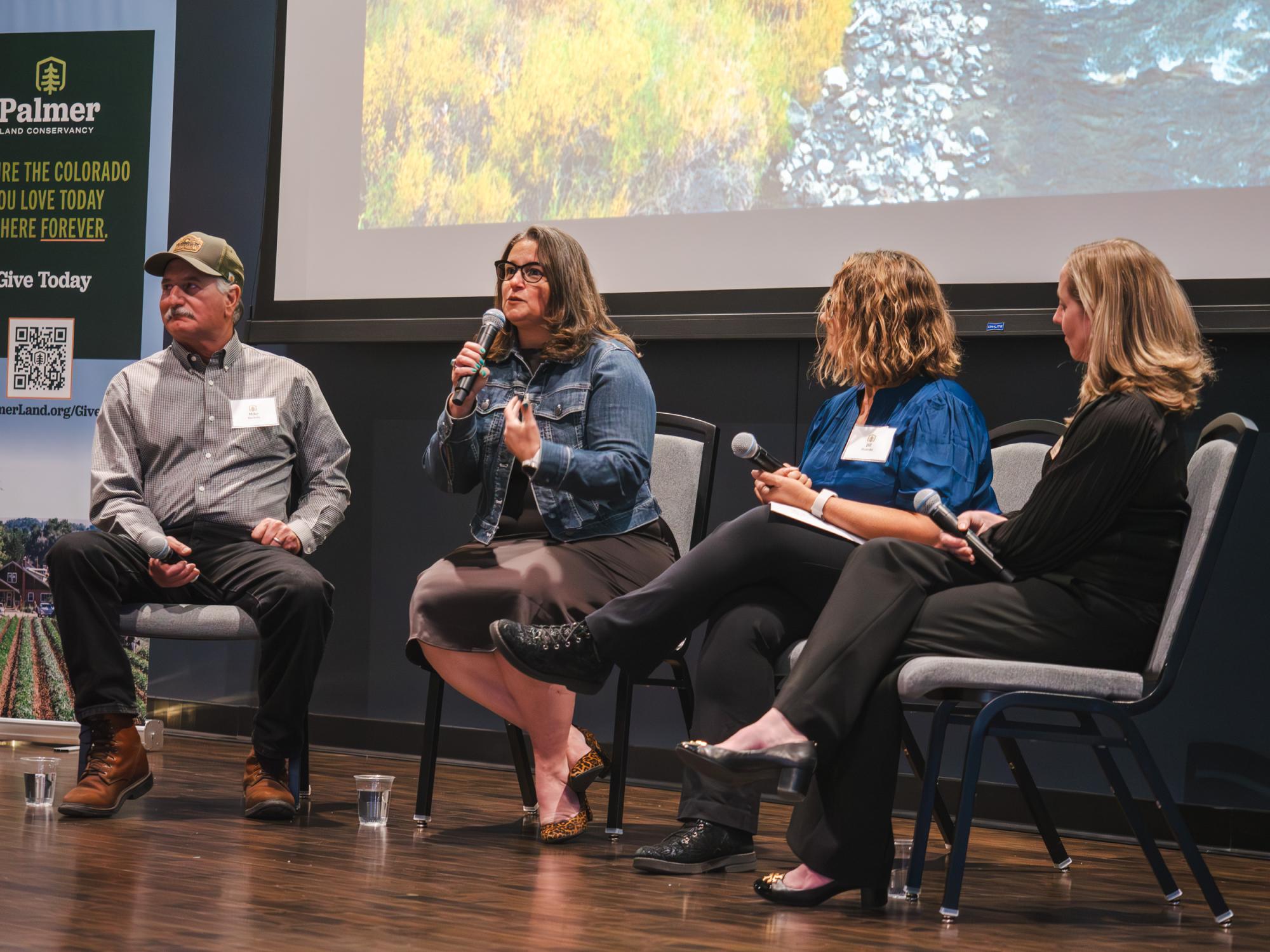
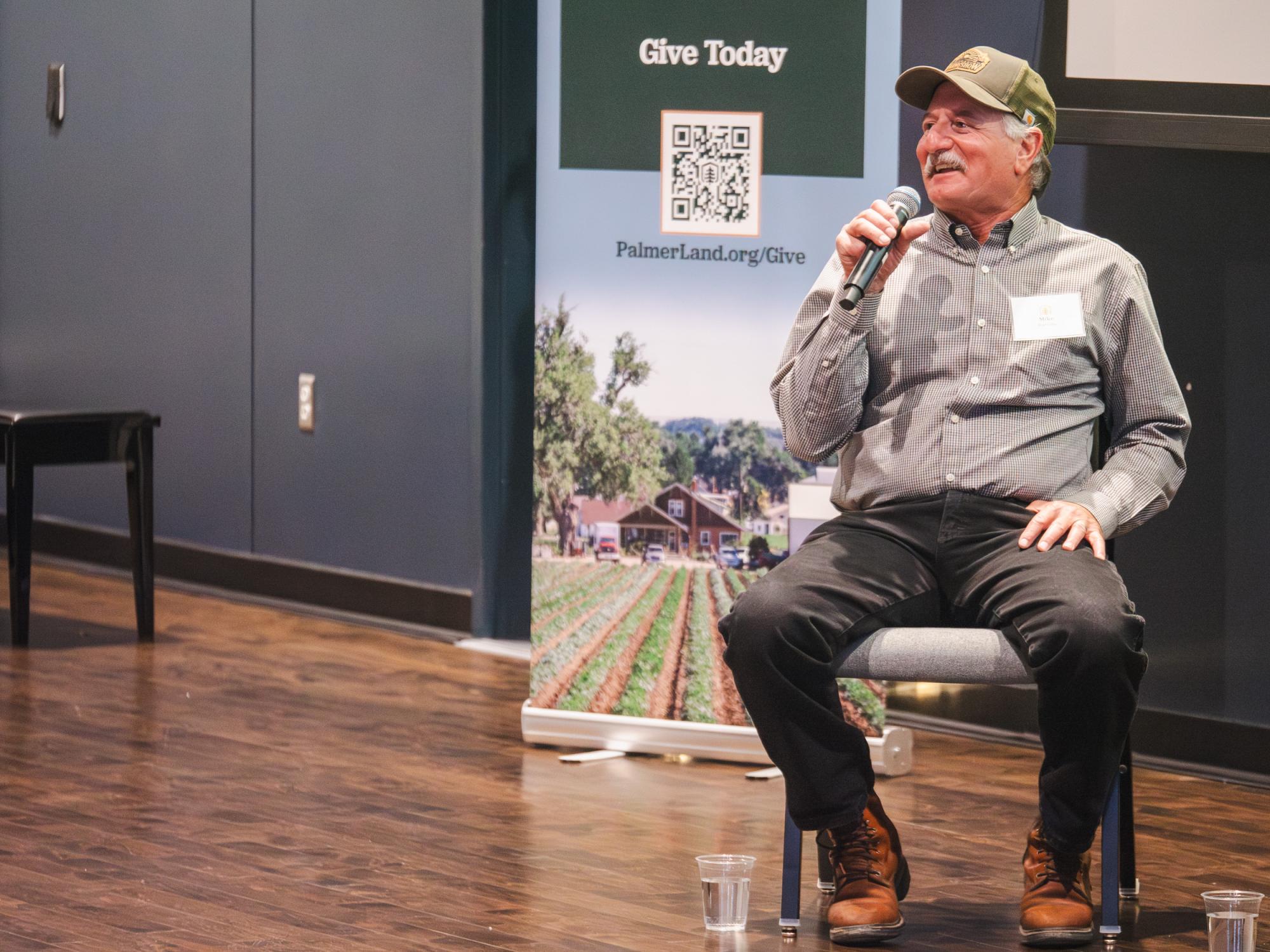
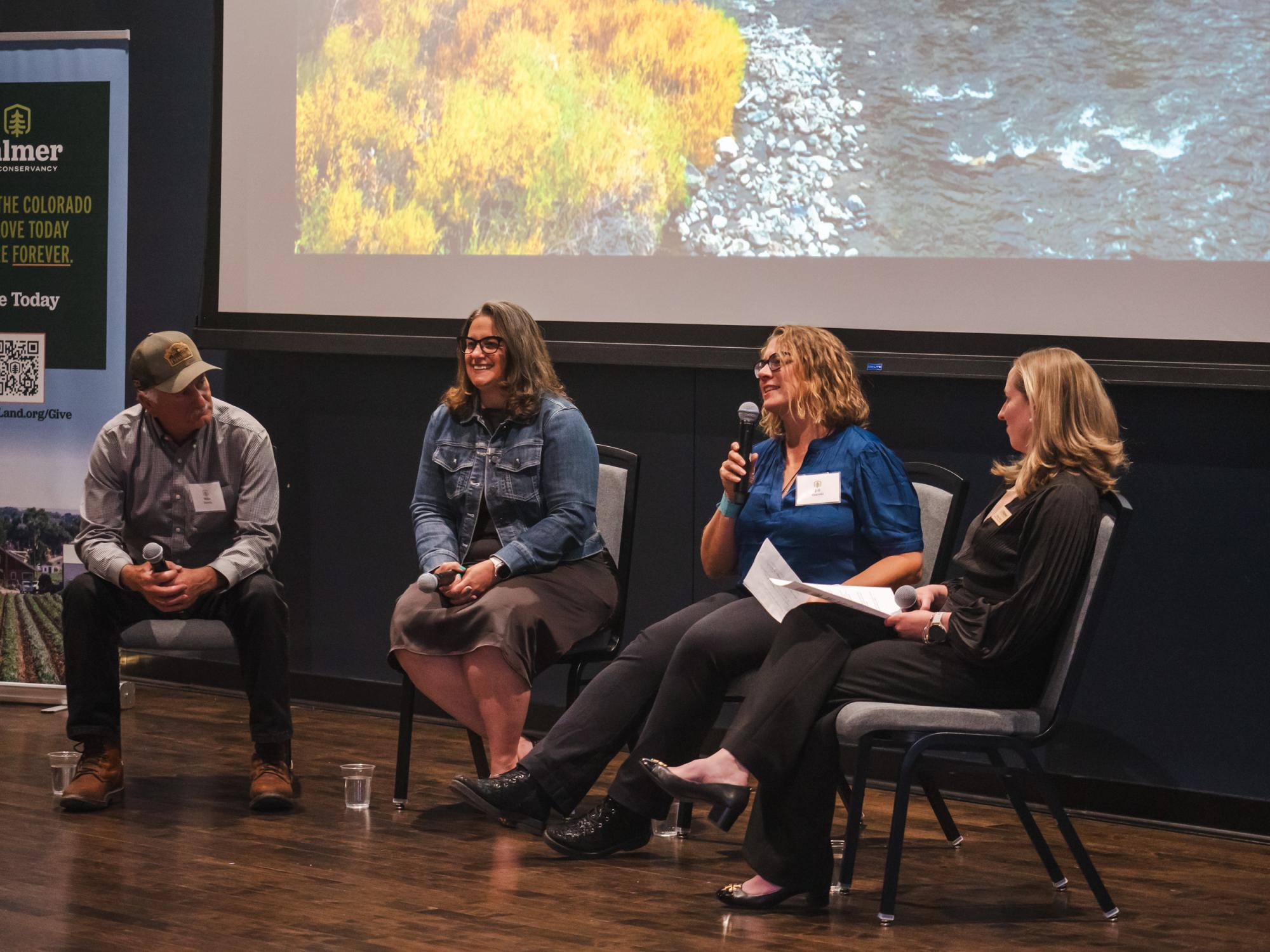
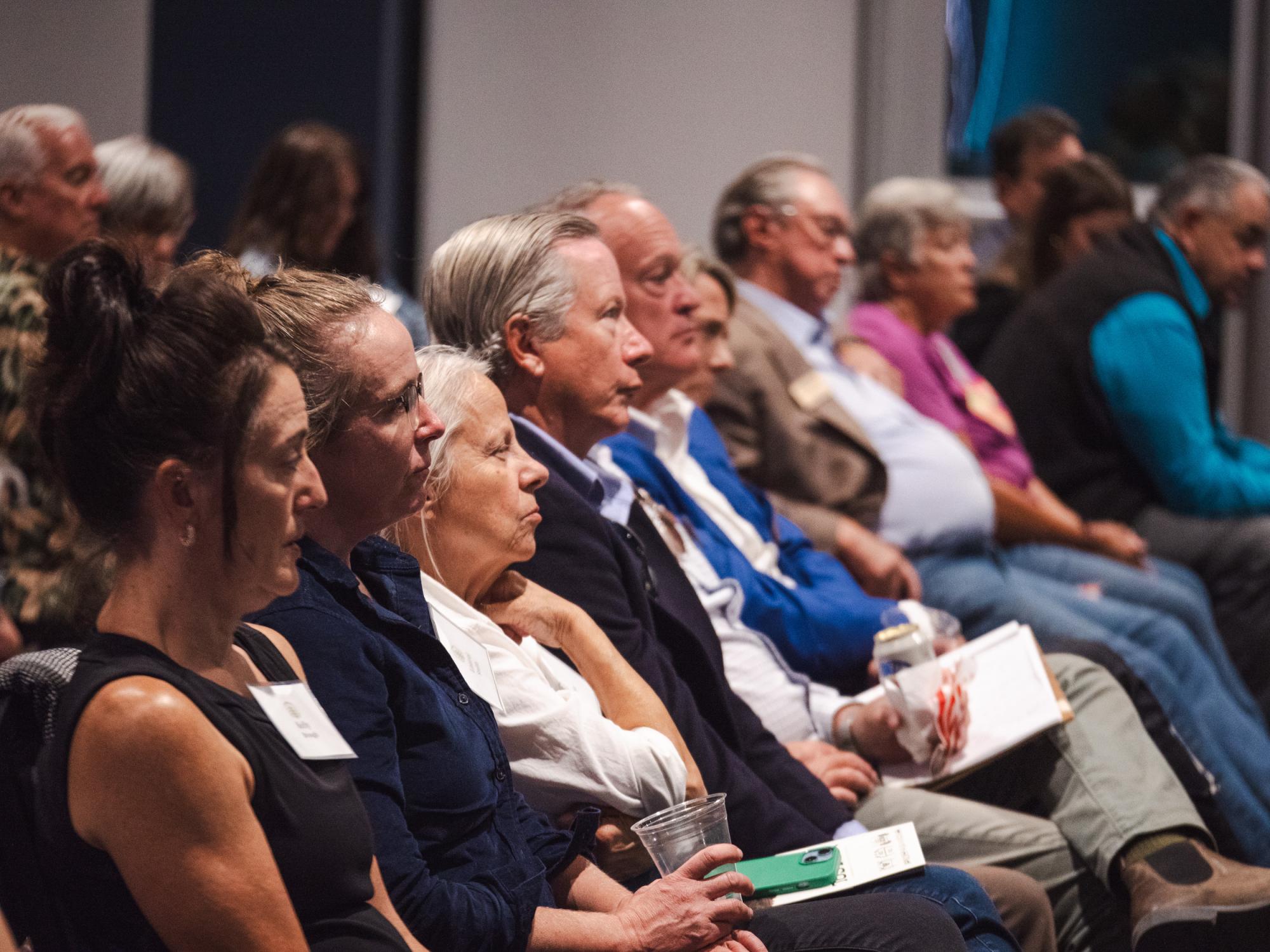
Dawn DiPrince brought a personal and historical perspective to the discussion. She highlighted her family's long-standing connection to southern Colorado and the deep ties to farming and agriculture that have been integral to her family's heritage for six generations. Her lingering reflections on the film she’s seen numerous times underscore the emotional and cultural significance of preserving Colorado's agricultural legacy. DiPrince stressed that as much as she appreciates history, it is about our collective future and responsibility to preserve Colorado's heritage and natural resources. She underscored that the issues of water and agriculture are not limited to specific regions or communities but are essential to the collective identity of Colorado.
Jill Ozarski shared about the Walton Family Foundation's work in water funding and its connection to climate resilience. She emphasized that people experience climate change through water, whether too much, too little, or at different times. She highlighted the need to consider nature as a source of infrastructure to protect water and to focus on nature-based solutions to ensure water security for the future. Jill also shared polling data indicating that Coloradans rank water supply and drinking water as top concerns, with 69% believing there is enough water if used wisely. She noted when people learn about climate resilience, 70% support nature-based solutions. She emphasized the importance of using nature-based strategies to address the West's water supply.
Mike Bartolo provided valuable insights into the pragmatic aspects of agriculture in Colorado. His extensive experience and deep-rooted connection to the land were evident as he spoke about the challenges and importance of agricultural practices in the state. Bartolo emphasized the significance of growing crops and the potential consequences of prioritizing urban development over agriculture. His poignant remarks about the value of agricultural land as the "Garden of Eden" and the need to protect it from urban encroachment underscored his deep reverence and respect for the land and its resources.
The impassioned speeches, the screening of Mirasol, Looking at the Sun, and the collective commitment of the attendees underscored the urgency and the potential for positive change in addressing Colorado’s water challenges. The event's impact is sure to resonate far beyond the CSU theater, inspiring continued efforts to safeguard Colorado's agricultural heritage and natural resources for generations to come.
